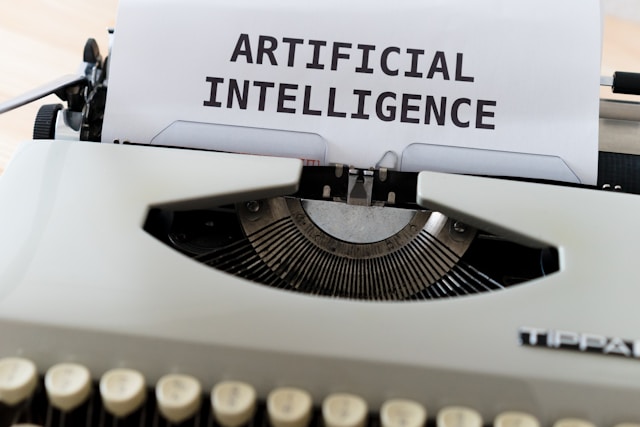Artificial Intelligence (AI) is revolutionizing various industries, and manufacturing is no exception. One of the most significant impacts of AI in manufacturing is in the realm of quality control. By leveraging AI technologies, including those for monitoring Electrical panels, manufacturers can achieve unprecedented levels of precision, efficiency, and reliability in their quality control processes.
This blog explores how AI is shaping quality control in manufacturing, highlighting its benefits, applications, and prospects.
The Role of Quality Control in Manufacturing
Quality control (QC) is a critical aspect of the manufacturing process. It ensures that products meet specific standards and specifications, reducing defects and maintaining customer satisfaction. Traditional QC methods often involve manual inspections and sampling, which can be time-consuming, error-prone, and inconsistent. This is where AI steps in, offering transformative solutions to enhance QC.
Benefits of AI in Quality Control
1. Increased Accuracy and Consistency
AI-powered quality control systems use advanced algorithms and machine learning models to analyze vast amounts of data with high accuracy. Unlike human inspectors, AI systems do not suffer from fatigue or subjective bias, ensuring consistent and reliable inspections. This results in fewer defects and higher overall product quality.
2. Real-Time Monitoring and Analysis
AI enables real-time monitoring and analysis of the production process. By continuously analyzing data from sensors and cameras, AI systems can detect anomalies and defects as they occur. This immediate feedback allows for quick corrective actions, minimizing the production of defective products and reducing waste.
3. Cost Efficiency
Implementing AI in QC can lead to significant cost savings. Automated inspections reduce the need for manual labor, lowering operational costs. Additionally, by identifying defects early in the production process, AI helps prevent costly recalls and rework. Over time, these savings can offset the initial investment in AI technology.
4. Enhanced Decision-Making
AI systems can provide valuable insights into the manufacturing process by identifying patterns and trends in the data. These insights enable manufacturers to make informed decisions about process improvements, material usage, and equipment maintenance. As a result, companies can optimize their operations and maintain high-quality standards.
Applications of AI in Quality Control
1. Visual Inspection
One of the most common applications of AI in QC is visual inspection. AI-powered vision systems use machine learning algorithms to analyze images and detect defects such as cracks, scratches, and misalignments. These systems can inspect products at a much faster rate than human inspectors and with greater accuracy.
2. Predictive Maintenance
AI can also play a crucial role in predictive maintenance. By analyzing data from machinery and equipment, AI systems can predict when a machine is likely to fail or require maintenance. This proactive approach helps prevent unexpected downtime and ensures that equipment operates at optimal performance, contributing to consistent product quality.
3. Process Optimization
AI can optimize various aspects of the manufacturing process, from material selection to production parameters. By analyzing historical and real-time data, AI systems can recommend adjustments to improve product quality and efficiency. For example, AI can suggest optimal temperature settings for a manufacturing process to ensure the best possible product outcome.
4. Automated Sorting and Classification
AI-powered systems can automate the sorting and classification of products based on quality criteria. By analyzing data from sensors and cameras, these systems can quickly and accurately sort products into different categories, ensuring that only products meeting the required standards reach customers.
Conclusion
AI is undeniably transforming quality control in manufacturing. By increasing accuracy, enabling real-time monitoring, reducing costs, and enhancing decision-making, AI is helping manufacturers maintain high-quality standards in their Control panels and stay competitive in a rapidly evolving industry.
While challenges remain, the potential benefits of AI in quality control make it a worthwhile investment for forward-thinking manufacturers. As technology continues to evolve, the integration of AI in quality control will undoubtedly become even more prevalent, driving further improvements in manufacturing efficiency and product quality.
